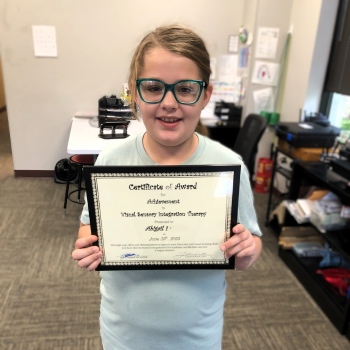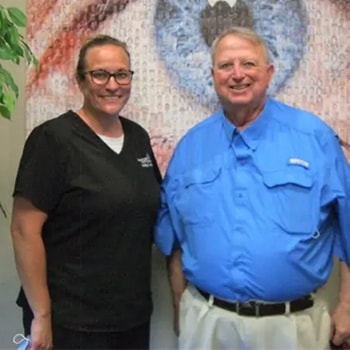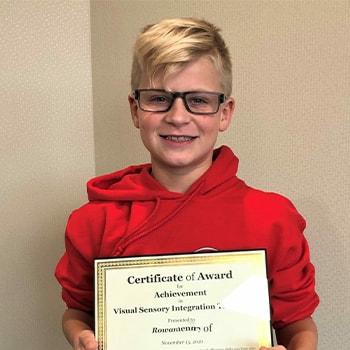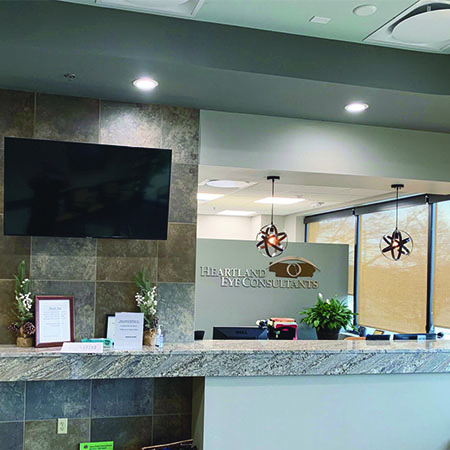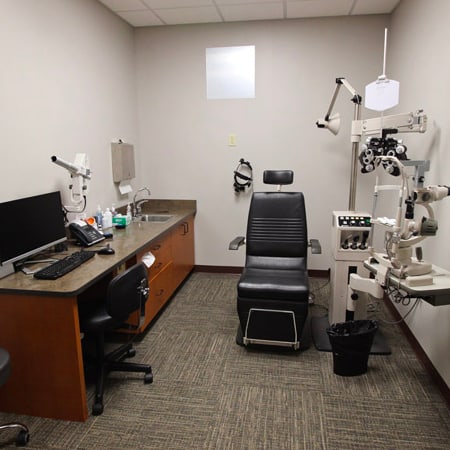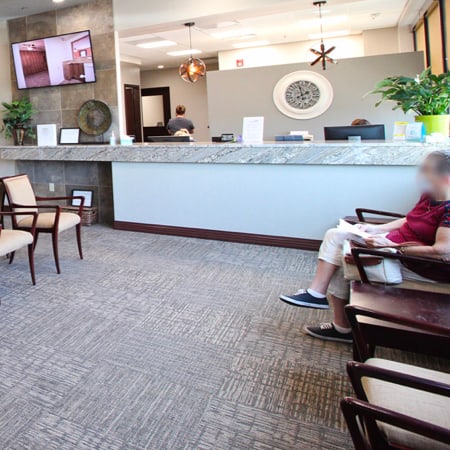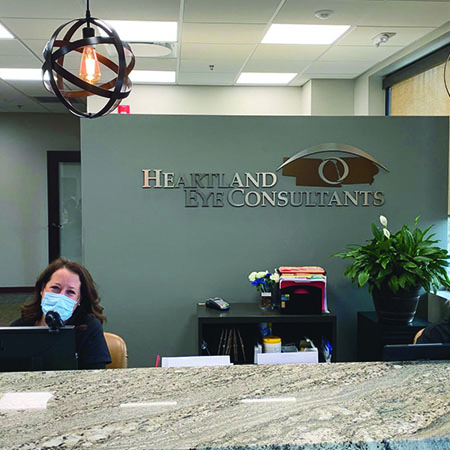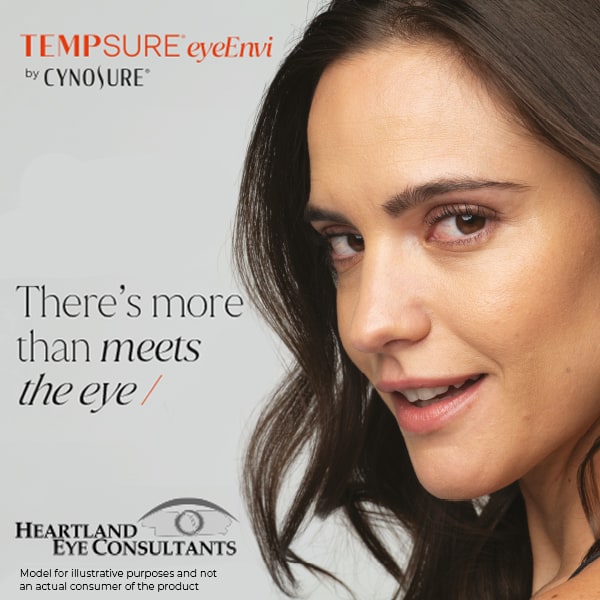If you’re preparing for cataract surgery, you might be wondering whether your daily supplements could interfere with the procedure. Many surgeons recommend stopping certain supplements, especially those with blood-thinning or drug-interaction risks, about 7 to 10 days before cataract surgery.
Understanding why and when to pause supplements like omega-3s, Vitamin E, or herbal remedies can help lead to a safer surgical experience and peace of mind going into your procedure. Even supplements that support eye health can pose risks if taken too close to your surgery, which is why it’s important to plan ahead and stay informed.
Why Supplements Matter Before Cataract Surgery?
When preparing for cataract surgery, optimizing your health is important for a smooth procedure and recovery. Most supplements are beneficial for maintaining overall health and support critical functions like improving eye health. Supplements like omega-3s, Vitamin C, and carotenoids (such as lutein and zeaxanthin) are commonly linked to maintaining healthy vision.
However, some supplements can interfere with surgery. The reasons for this range from potential effects on bleeding during the procedure to interactions with certain medications. Your surgical team’s top priority is to reduce any risks and help your cataract removal go smoothly, so we recommend that you review even natural or over-the-counter products.
Supplements to Consider Stopping Before Surgery
While it’s important to consult directly with your cataract surgeon or optometrist for personalized advice, here’s a breakdown of commonly discussed supplements and why pausing them might be recommended:
Blood-Thinning Supplements
- Examples: Fish oil (omega-3 fatty acids), Vitamin E, ginkgo biloba, garlic supplements
- Why Stop: Blood-thinning supplements may increase the risk of excessive bleeding during surgery. Even though cataract surgery is minimally invasive, minimizing risks is beneficial for a successful outcome.
Herbal Supplements
- Examples: St. John’s Wort, ginseng, echinacea
- Why Stop: Some herbal supplements can interact with anesthesia, affecting its effectiveness or causing complications.
NSAIDs and High-Dose Aspirin
- Why Stop: These can increase bleeding risks similarly to blood-thinning supplements.
NOTE: Other non-eye-related medications or supplements may also be a concern. Share a complete list of any supplements or medications you’re taking with your eye care provider.
When Should You Stop Taking Supplements Before Cataract Surgery?
A general rule of thumb is to discontinue supplements approximately 7–10 days before surgery. This timeline allows your body sufficient time to return to its baseline state, reducing the likelihood of any adverse interactions.
Still, individual circumstances can vary. Your age, overall health, or pre-existing conditions (such as diabetes) could influence the timing. Always adhere to the timeline your eye surgeon recommends. If you’re unsure, it’s better to ask sooner rather than later.
Preparing for Your Pre-Op Evaluation
Your cataract surgeon will likely schedule a pre-surgery evaluation to assess your current medications, supplements, and eye health. Use this appointment to ask questions like:
- Do I need to quit taking my omega-3 supplements, and if so, when?
- Can I continue general multivitamins before surgery?
- Are there specific pre-op eye health supplements you recommend avoiding for me?
Being proactive with these questions helps ensure your body and eyes will be in good shape for surgery day.
Can You Return to Supplements After Cataract Surgery?
The good news is that, shortly after surgery, you can likely resume use of your supplements, including eye health supplements like lutein and zeaxanthin. These nutrients can support your healing process, reduce inflammation, and promote long-term visual health. Nonetheless, your eye surgeon will guide you on safely reintroducing supplements based on your specific recovery progress.
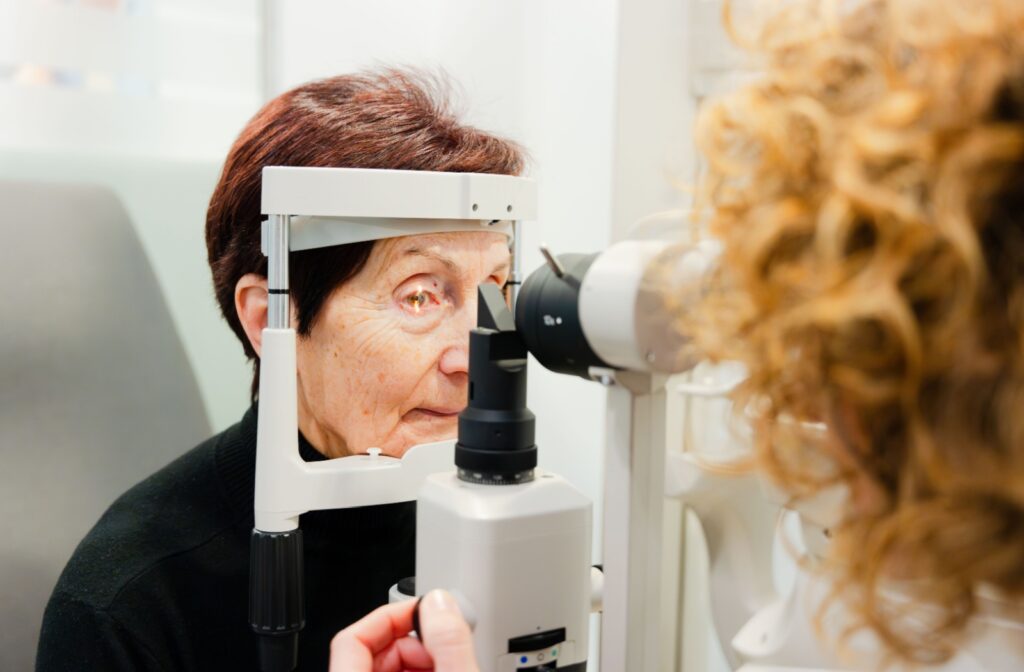
Tips for Optimal Eye Health Leading Up to Cataract Surgery
Even if you need to pause supplements for a short period, there are other ways to maintain strong eye health before surgery:
- Hydrate and eat healthily: Focus on foods rich in antioxidants such as leafy greens (spinach, kale), fruits (oranges, berries), and fatty fish.
- Rest your eyes: Limited screen time and proper rest can help combat eye strain and keep your eyes feeling fresh.
- Follow professional advice: Always attend pre-op appointments and adhere to any specific instructions provided by your optical surgeon.
Small lifestyle adjustments can go a long way in supporting your eyes during this time.
Taking the Next Steps Towards Surgical Success
At Heartland Eye Consultants, we know cataract surgery can feel overwhelming, but you don’t have to go through it alone. Our friendly and experienced team is here to support you at every step.
Your health and comfort matter to us. That’s why we offer clear guidance to help you feel confident, from managing your supplements to planning for recovery.
Have questions, or are you ready to get started? Schedule an appointment with us today and let’s make your cataract surgery as smooth and stress-free as possible. We’re here to help you feel fully prepared and fully supported, every step of the way.













